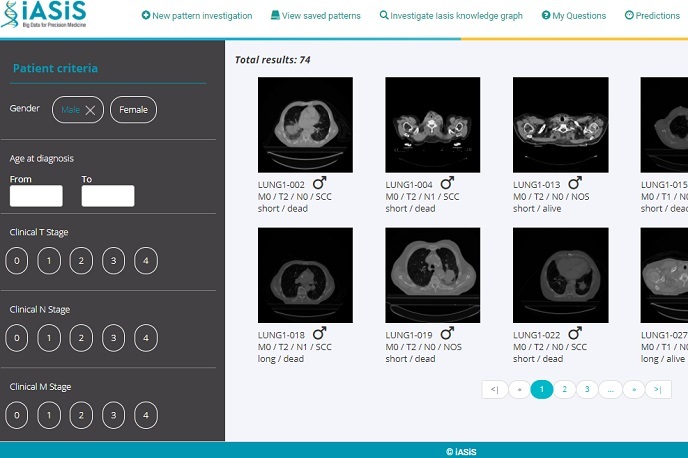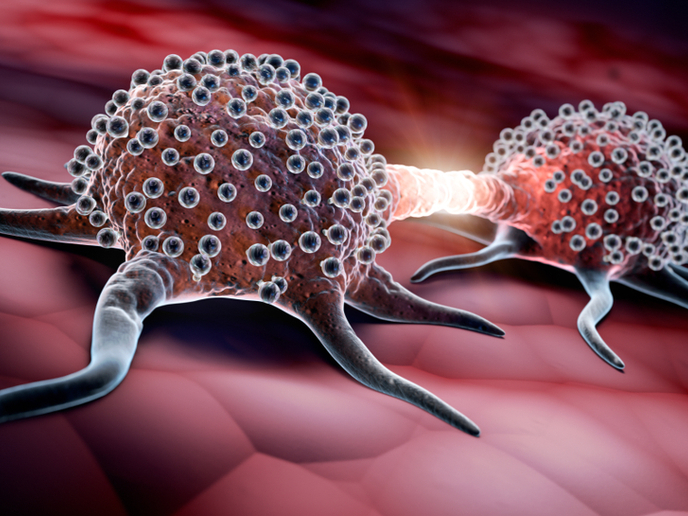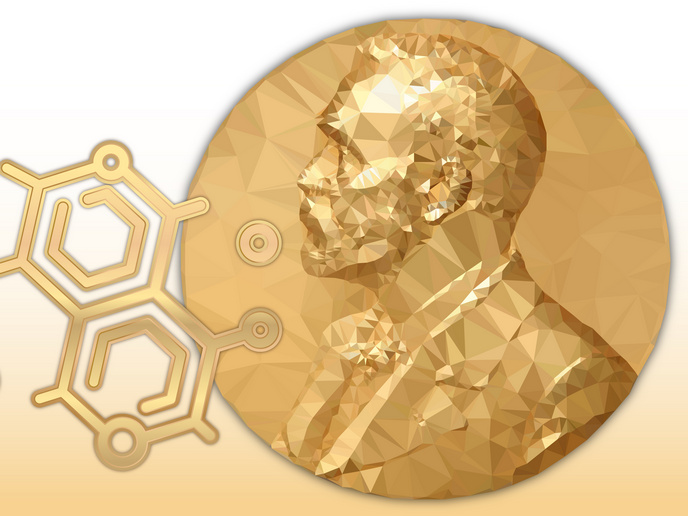AI-based analysis of Big Data for precision medicine
Analysis of Big Data in healthcare, including patient information, omics data, as well as images, poses a major challenge. Although the technology to obtain Big Data has advanced, the infrastructure to integrate and mine the data lags behind. To improve healthcare decisions and policy making, there is a need to turn Big Data into actionable information.
An AI-based platform for data analysis
The EU-funded iASiS initiative brought together experts from five countries, working in the fields of medicine, genomics, neuroscience and AI, to generate a platform for data analysis. “Before and in parallel to iASiS, various technologies based primarily on genetic data have been developed for personalised medicine. iASiS has gone beyond the state of the art to provide a generic framework to integrate many different types of data,” explains George Paliouras, iASiS coordinator and Research Director at the National Centre for Scientific Research ‘Demokritos’ in Greece. iASiS researchers designed a user-friendly platform that integrates data from different sources, such as hospital patient records, genetic databases, and literature, to produce the iASiS Knowledge Graph. The Graph links diverse information in a large network structure, allowing the discovery of interesting patterns and actionable insight. Using the Knowledge Graph medical researchers and policy makers can assess an interesting hypothesis or unveil completely novel associations. For instance, the combined administration of drugs for cancer patients having a specific mutation may be associated with disease prognosis, suggesting the personalisation of treatment.
Putting the iASiS platform to the test
The iASiS framework has been tested and optimised to meet the needs of its users. The design focuses on helping medical professionals to make personalised decisions on the diagnosis, prognosis and treatment of patients. Moreover, it provides recommendations based on the analysis and integration of different types of data. During the project, the iASiS technology was applied and tested for two major diseases, lung cancer and dementia, where personalised therapy is essential. Diagnosis of Alzheimer’s disease in the early stages poses a significant medical challenge. “By combining data from the patient’s history (e.g. age, sex, smoking, alcohol consumption) with any results of memory tests that may be available, the iASiS platform can assist doctors in deciding on the most likely prognosis of a particular patient,” outlines Paliouras. As a result, prompt patient support and follow-up proceed as needed, improving their overall quality of life.
iASiS translational impact
Many interesting research ideas of the iASiS project have matured into prototypes leading to the filing of two patents. A technology that uses spoken language to provide early indication of Alzheimer’s disease is being developed as a product by the new LangAware start-up company. Researchers have identified potential prediction indicators for Alzheimer’s disease, treatment effectiveness, and toxicity biomarkers for lung cancer. The new translational P4-LUCAT platform is underway to assist oncologists in pursuing the best treatment for patients with lung cancer. This will be put into effect at the Puerta de Hierro Majadahonda Hospital in Spain. “Overall, iASiS has shown how AI can leverage Big Data to support medical decisions for individual patients,” concludes Paliouras. Long term, he envisages the platform to extend its application for other diseases, a process that has already started for COVID.
Keywords
iASiS, platform, Big Data, AI, lung cancer, Alzheimer’s disease, personalised medicine, Artificial Intelligence







